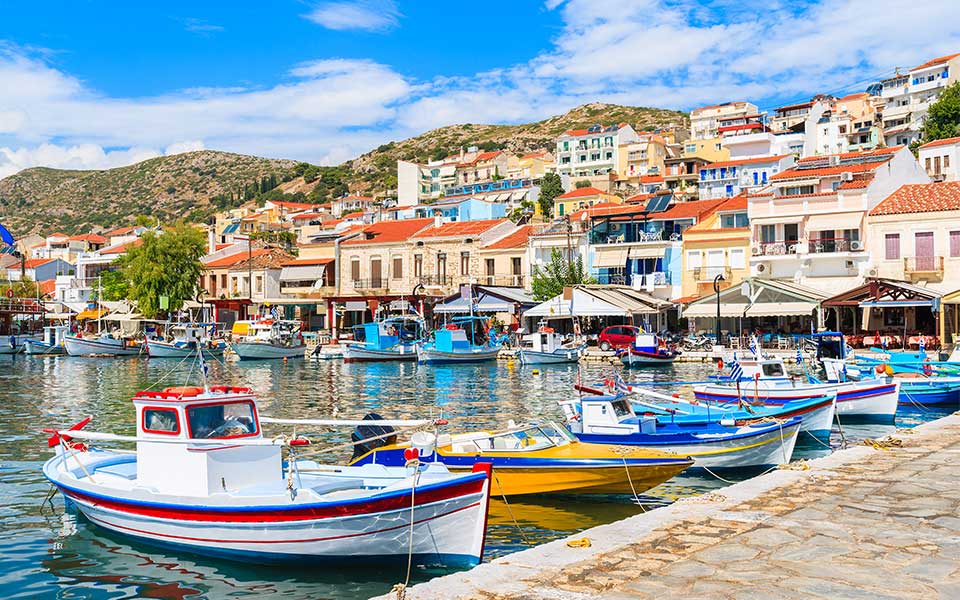New German research reveals that numerous antiquities from German-supervised excavations at the eastern Aegean island of Samos in the late 19th and early 20th centuries ended up in German museums through dubious agreements, according to a report in Deutsche Welle (DW).
The revelations were made in the new volume of a series on the history of the Berlin museums, titled “Constantinople-Samos-Berlin. Forfeiture, division of finds and clandestine export of antiquities on the eve of the First World War,” published by the Central Archive of the Berlin National Museums.
The research shows that while some excavated finds were legally transported to Germany, antiquities were more often exported illegally.
Martin Maischberger, the deputy director of the Berlin Collection of Antiquities who contributed to the book, told press agency epd that around 250 objects are suspected to have come to Berlin “unofficially” while it is almost certain that around a dozen objects “illegally left” Samos, the report said.
Christina Haak, deputy director general of the State Museums, said at the recent book presentation that talks have started with Greece, “but we are only at the beginning.”
This article was previously published at ekathimerini.com.












